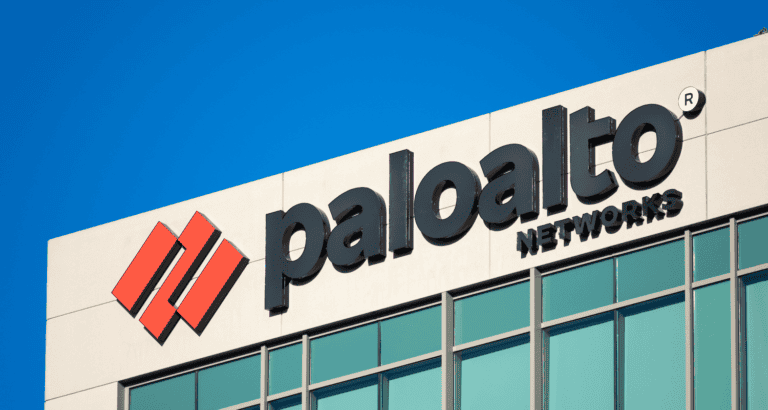Palo Alto Networks is expanding its product offering with a new platform for securing AI models. It is also acquiring Protect AI to better serve organizations in this area.
The terms of the acquisition have not been disclosed, but sources told GeekWire that the deal is worth more than $500 million. Protect AI previously raised $108.5 million from investors such as Salesforce Ventures and Samsung Electronics. The company develops software tools that enable organizations to protect their AI models and the applications that run them from cyberattacks.
One of its products, Recon, can test new AI applications for vulnerabilities before they are deployed. It does this using a library of 450 simulated cyberattacks. Another product, Layer, filters malicious requests as soon as an AI application is active. According to Protect AI, their software can also support development teams in other tasks, such as selecting the most suitable AI model for a particular project.
Palo Alto Networks expects to complete the acquisition in November. The Protect AI team will then join the company to work on the further development of Prisma AIRS. Palo Alto Networks presented this new AI security platform today. The new solution covers many of the same application areas as Protect AI’s products.
Simulating cyberattacks
Prisma AIRS enables companies to test their AI applications for vulnerabilities before they go live. The platform’s features include automatic red teaming, which simulates cyber attacks to find weak spots. Palo Alto Networks says Prisma AIRS can also detect errors in access rights, vulnerable AI models, and other risks.
Once deployed, Prisma AIRS ensures that malicious prompts are filtered out. It also limits other risks, such as the emergence of hallucinatory AI responses or excessive use of hardware resources.
Prisma AIRS also offers protection for AI agents. The system detects misuse of tools and attacks against the software used by AI agents. This occurs, for example, when hackers attempt to inject malicious code into GitHub repositories via a programming agent. Prisma AIRS should also be able to block other types of attacks against AI agents.
According to Anand Oswal, senior vice president and general manager of network security at Palo Alto Networks, Prisma AIRS helps teams quickly gain insight into important security questions, such as whether someone is misusing a language model to collect sensitive data or whether a compromised API is feeding a model with malicious data.
New product updates
In addition to Prisma AIRS, Palo Alto Networks is also announcing enhancements to existing products. The first updates are for Prisma Access Browser, a browser that uses AI to block malicious websites. This browser is part of the Prisma SASE platform, which companies use to establish secure network connections.
The latest version of Prisma Access Browser includes improved detection capabilities and automated workflows to recognize cyberattacks. For example, the browser can now detect fake browser windows used in phishing attacks, as well as malware that is secretly downloaded in an inactive form to avoid detection.
The Cortex XSI AM platform, which helps organizations collect and analyze cybersecurity data and automatically combat threats, has also been updated. The update includes a new dashboard: the Cloud & SOC Command Center. This allows security teams to monitor the security of both cloud and local systems in a single view, prioritize vulnerabilities, and see which systems are under active attack.
The new versions of Prisma Access Browser and Cortex XSIAM will be available by July 31.
